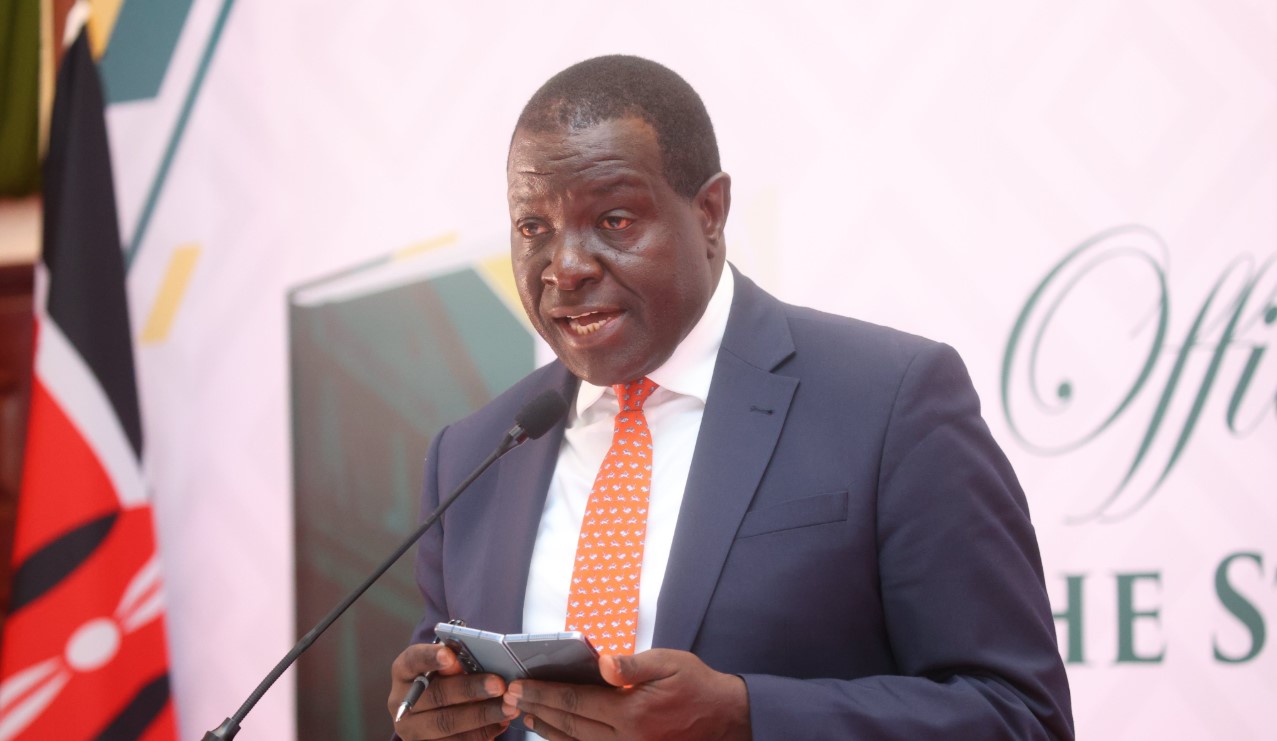Solicitor General calls for tougher rules on emergency care, body detention

If Parliament adopts the proposed changes, hospitals will be legally required to comply with the expanded emergency treatment provisions and stop detaining bodies, marking a major shift in how healthcare facilities handle both emergencies and unpaid bills.
The practice of hospitals holding on to bodies over unpaid bills could soon end if new legal amendments before Parliament are approved.
The proposed changes also seek to compel all health facilities, including private hospitals, to provide emergency medical care without demanding payment in advance.
More To Read
- KNCHR says Kenyans still locked out of healthcare despite Sh138 billion SHA boost
- MPs ditch SHA, the public health scheme they once praised, and opt for private cover
- How Trump–Ruto health deal fills the void left after USAID exit
- MPs demand SHA clears Sh10 billion in pending NHIF bills within three months
- SHA transition sparks tension as teachers cite lack of consultation, legal violations
- Review meeting highlights barriers to immunisation, maternal health in Turkana
The Solicitor General, Shadrack Mose, has urged MPs to adjust sections of the Health (Amendment) Bill, 2024, to outlaw body detention as a separate offence and extend emergency treatment obligations to private hospitals.
In his submission to the National Assembly’s Health Committee, Mose described body detention as degrading and contrary to basic human dignity.
“This proposal is outside the scope of Section 7, which deals with the provision of emergency medical treatment. We recommend that this proposal be provided as a separate provision and amended to apply to both public and private health facilities,” Mose stated.
The recommendation follows a court ruling issued on September 23 by Justice Nixon Sifuna, which found that hospitals have no legal authority to detain bodies as security for unpaid bills.
“There is in Kenya, no law providing for a hospital’s right of lien over patients or over their remains should they die while hospitalised or while undergoing treatment,” he said.
The judge added that detaining bodies traumatises bereaved families and has often been used to pressure them into settling debts.
The legal changes are contained in the Health (Amendment) Bill, 2024, sponsored by Kirinyaga Woman Representative Njeri Maina.
The Bill originally focused on amending Section 7 of the Health Act to penalise public hospital officers who demand payment before offering emergency care.
Mose now wants the amendment broadened to include private hospitals, noting that current laws already require all facilities to treat emergency cases.
“Clause 3 (f) proposes to amend section 7 of the Act to introduce a new subsection (4) to create an offence and prescribe a penalty for an officer in charge of a public health facility who demands payment prior to providing emergency medical treatment,” Mose wrote to the Clerk of the National Assembly.
“The proposal applies to public health facilities only. Section 12 of the Health Act imposes a duty on all healthcare providers, whether in public or private, to provide emergency treatment.
Therefore, the proposal should be amended to apply to both public and private health facilities.”
The amendments come at a time when some private hospitals continue to insist on deposits before treatment, even during life-threatening emergencies. If enacted, facilities that fail to comply risk losing their operating licences and the prosecution for those responsible.
Mose also addressed concerns from private facilities on financial losses that may arise from mandatory emergency treatment.
He pointed out that the Social Health Insurance Act already provides a solution through the Emergency, Chronic and Critical Illness Fund.
“To protect the healthcare providers, Section 28 of the Social Health Insurance Act establishes the Emergency, Chronic and Critical Illness Fund to cover the cost of emergency treatment,” he said in his letter dated October 6.
The fund is supported by the national government to cater for the cost of critical care and ease the financial burden on both hospitals and patients facing severe health conditions.
If Parliament adopts the proposed changes, hospitals will be legally required to comply with the expanded emergency treatment provisions and stop detaining bodies, marking a major shift in how healthcare facilities handle both emergencies and unpaid bills.
Top Stories Today











































